Watch the Lightning Talks from the 2023 Science Council Meeting
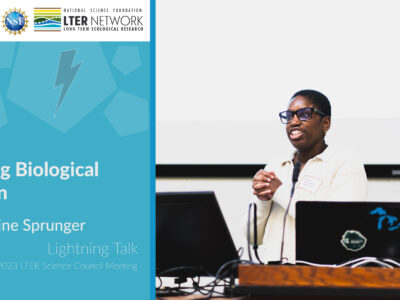
Lightning Talks from the 2023 Science Council Meeing.

Lightning Talks from the 2023 Science Council Meeing.
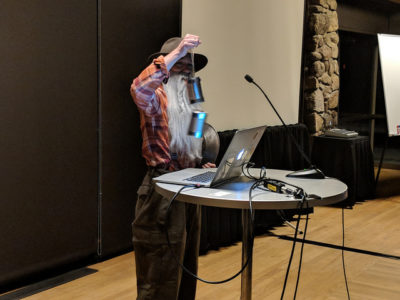
The All-Scientists’ Meeting only happens every 3 years. The workshops offer an amazing smorgasbord of fresh results, new theory, tools, and opportunities to make progress on old challenges. But as the organizing committee contemplated the 2018 All Scientists’ Meeting, we also wanted to create a space for the Network to look toward the future–a way… Read more »
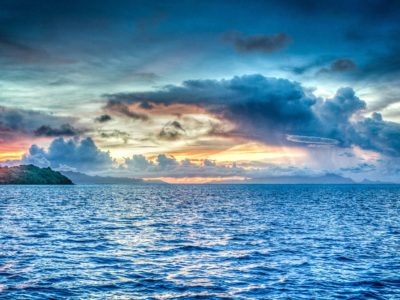
The connections between humans and oceans run deep. Kelp forests, plankton, estuaries, and coral reefs support robust and diverse food webs, feeding both body and spirit. The destructive effects of big storms are tempered by marshes and mangroves—sometimes to their benefit and sometimes their detriment. Currents, migrations, climate, and nutrients connect ecosystems and the… Read more »
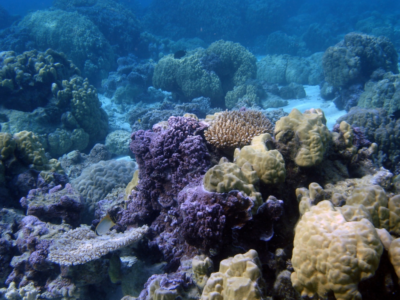
The National Science Foundation Long-Term Ecological Research (LTER) Network presents an overview of the rich and varied research taking place at its 28 sites. In 2018, the topic of this annual half-day symposium is ocean ecosystems and their connections to marine species and human well-being.
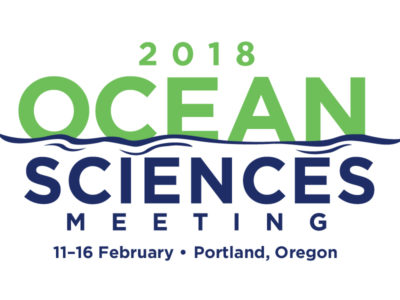
The Ocean Sciences Meeting (OSM) has become an important venue for scientific exchange across a wide range of marine science disciplines, especially as human impacts on the oceans reach unprecedented levels. OSM, co-sponsored by the American Geophysical Union (AGU), the Association for the Sciences of Limnology and Oceanography (ASLO), and The Oceanography Society (TOS), will be held 11–16 February, in… Read more »

At the 2017 AGU Fall Meeting, held at the New Orleans Ernest N. Morial Convention Center in New Orleans, Louisiana, from December 11-15, 2017, dozens of LTER researchers will present new results on a range of topics, from how ecosystems recover from droughts and hurricanes to what manufactured ice storms can reveal about how to prepare for winter’s worst. Links to the abstracts for over 100 LTER presentations at AGU 2017.
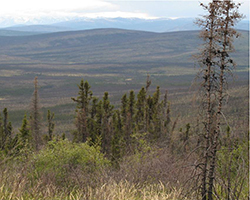
Each forest reflects a legacy of past disturbances—from the literal detritus left behind a storm or fire to the prominence of particular species traits that enable species to bounce back after a specific type of disturbance.

Synopsis Even as sea-level rise, drought, and fire increase pressures on some ecological systems, others are benefitting from protection and restoration efforts. But some changes are not reversible. Long-term research employs observations of past changes, together with long-running experiments and modeling to understand the processes responsible for sustaining ecological functions. Drawing on concrete examples and… Read more »
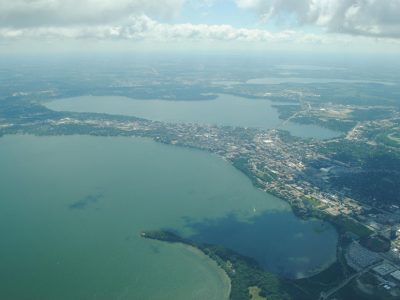
Talk Description: Scenarios can help communities think about alternative futures, but using them to drive decisions requires data. In Wisconsin’s Yahara Watershed, researchers are combining data and modelling from the Northern Temperate lakes LTER with qualitative scenarios based on trends and events from the global scenarios literature and stakeholder perspectives. The resulting assessments can help… Read more »

Talk Description: Air pollution control efforts have succeeded in reducing sulfur dioxide and nitrogen oxide emissions, but decades of acid rain have leached calcium and magnesium from Northeastern forest soils. These changes have increased the mobility of dissolved organic matter, and possibly altered soil organic matter dynamics, altering the long-term trajectory for forest ecosystems. What… Read more »